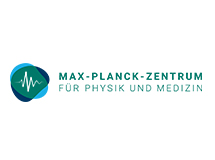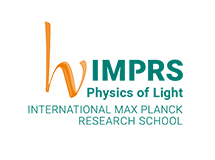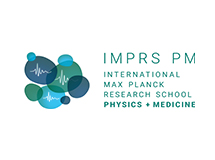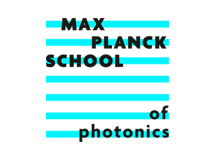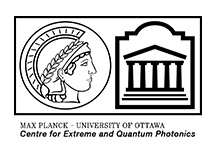Mete Atature - Solid-State Quantum Emitters: Old Friends & New
Speaker:
Professor Mete Atature, Cambridge University, UK
Leuchs-Russell Auditorium, A.1.500, Staudtstr. 2
Location details
Abstract:
Optically active spins confined in solids, such as semiconductors or diamond, are exciting physical systems as quantum-bit candidates for quantum science and its applications. Their inherently mesoscopic nature leads to a multitude of dynamics within the solid-state environment of spins, charges, vibrations and light. Implementing a high level of control on these constituents and their interactions with each other creates exciting opportunities for realizing stationary and flying qubits within the context of spin-based quantum information science. Quantum optics, developed originally for atomic systems, provides a valuable toolbox for this endeavour. In this talk, I will provide a snapshot of the progress and challenges for quantum light sources, spin-photon interfaces and optical interconnection in conventional semiconductors, as well as in atomically thin layered materials.
Biography:
Professor Mete Atature obtained his PhD in 2002 from Boston University Quantum Imaging Laboratory under the supervision of Profs A. Sergienko, B. Saleh and M. Teich working on multiparameter entanglement and quantum interference with entangled photons. He then joined the group of Prof A. Imamoglu at ETH Zurich as a postdoctoral fellow. In 2006 He received his Habilitation from ETH Zurich on Solid-state Quantum Optics. He moved to the University of Cambridge in 2007 as an assistant professor founding the Quantum Optical Materials and Systems research group, and he became a full Professor in 2015. His current research efforts include optical control of spin-photon interfaces in solids, development of nanoscale quantum sensors and investigations of novel quantum materials and devices. He is an elected Fellow of the Institute of Physics and the Turkish Science Academy.
About DLS:
The Distinguished Lecturer Series (DLS) follows a colloquium format for a broad audience and will be followed by a reception to provide an opportunity for meeting the speaker.

